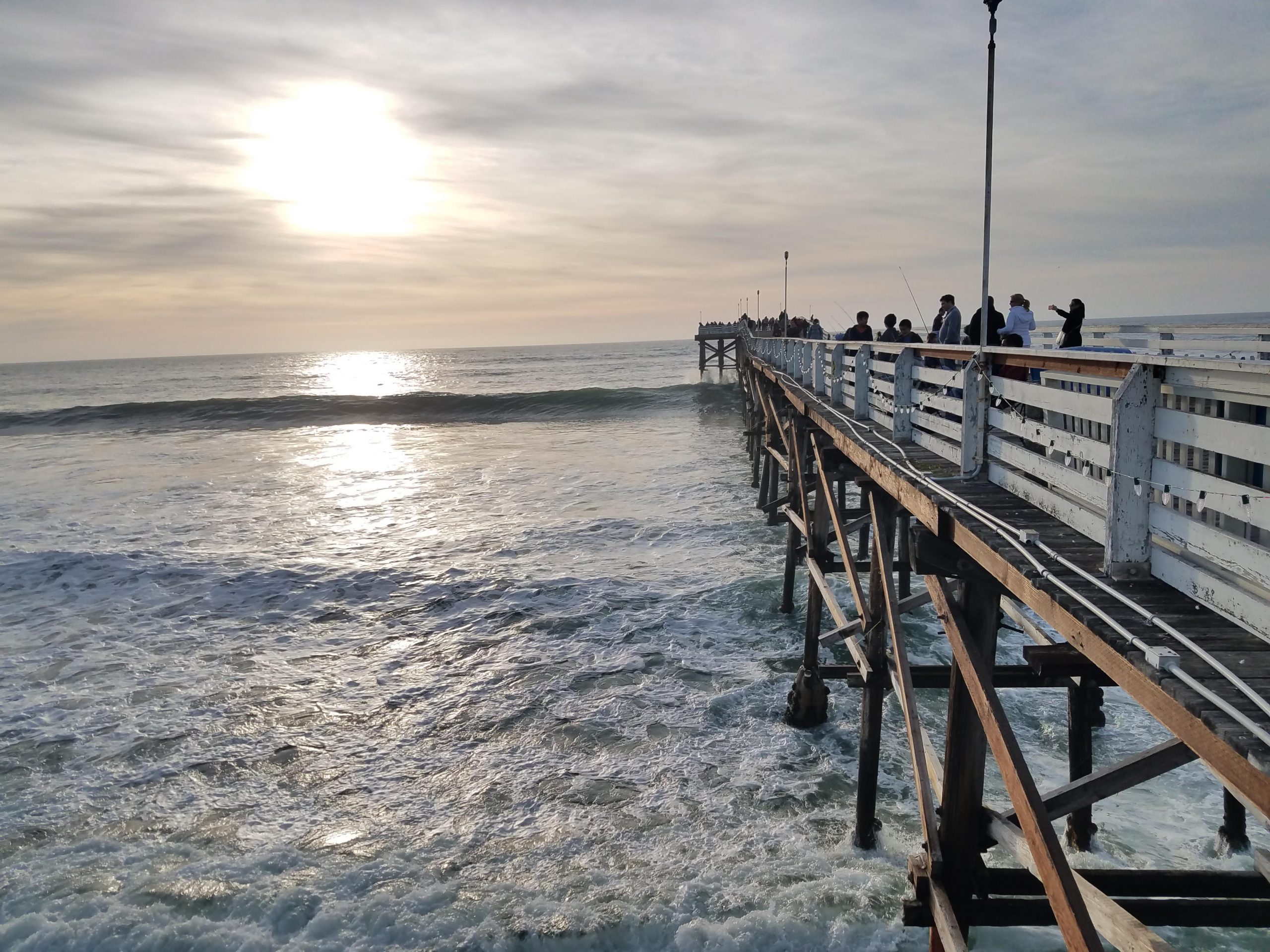(Reprinted from Ocean Conservancy’s website): “The ocean has protected us from the worst effects of climate change. From the beginning of industrialization until today, the ocean has absorbed more than 90 percent of the heat from human-caused global warming and about one-third of our carbon emissions. But we are now seeing the devastating effects of that heat and carbon dioxide.
The ocean is too big to ignore. A range of climate impacts—including ocean acidification, sea-level rise and stronger and more frequent hurricanes—are damaging our coastal industries and communities. Moreover, these ocean-climate impacts disproportionately harm communities of color, indigenous communities, poor communities, and others that are historically under-served and under-represented.
There is more than our own wellbeing at risk—ocean ecosystems and wildlife are also at stake. Coral reefs are dying off and could be eradicated completely by the end of the century; the essential sea ice of the Arctic is disappearing, threatening Arctic animals and ecosystems; and fish numbers are rapidly declining as their populations shrink and move in search of cooler water.
We are in danger of losing what makes the ocean such an important and special place to so many of us, who rely on it for livelihoods, food, recreation, and moments of wonder. Although climate action and ocean conservation efforts historically have been separated, we cannot save the ocean without acting on climate change, and we cannot confront the climate crisis without considering the ocean.”
The Earth is approximately ¼ land and ¾ ocean, but we humans have so polluted the 75% that is ocean that pregnant human females are cautioned to avoid eating fish. The reason is that toxins (mercury, which is poisonous, etc.) show up in the mother’s body, but they concentrate in the fetus. So the unborn baby has been exposed to toxic chemicals even before birth.
If that doesn’t bother you, try this one. Did you know that a garbage dump is floating in the Pacific Ocean. It is composed of plastic, fishing lines, trash, and everything you can think of. But you may not have realized that this garbage dump is quite large. In fact, while it is steadily growing, it is currently the size of France!
THINGS YOU CAN DO:
- Ask for sustainable seafood
- Stop buying packaged food and related items
- Re-use (buy and use re-usable coffee cups, water containers, shopping bags, food containers)
- Recycle (whether you get paid for it or not)
- Reduce your carbon footprint (air travel, cars) to reduce CO2 (carbon dioxide) into the atmosphere. And raising cattle, lamb, pigs, etc. for meat likewise releases polluting methane.
- Stop using chemicals (pesticides, antibiotics, etc.) which seep into the ground or enter the water table and end up in our drinking water and our oceans.
- Avoid trips or vacations where your presence alters the ecology. African safaris are but one example; any contact with coral or coral reefs is another. The newest smartphones have great cameras, so take lots of pictures without altering anything.
- Think about what you read and watch. We love pictures of nature, interesting species, native tribes, but consider that the very presence of photographers in what was a natural setting, may be the beginning of the end for that species or tribe or people.



ivgdk1
ks7qa4
b38ku6
pq459q
fwp2th
gsgi56
e593ak
5q4l68
vvvrwc
xnc2z0
025o8t
7nu2b0
ym3oaa
hgg35r
ncngyn
pctnaw
oa3jd2
z4kk8y
0q34wz
gzg5r7
https://shorturl.fm/cp6kV